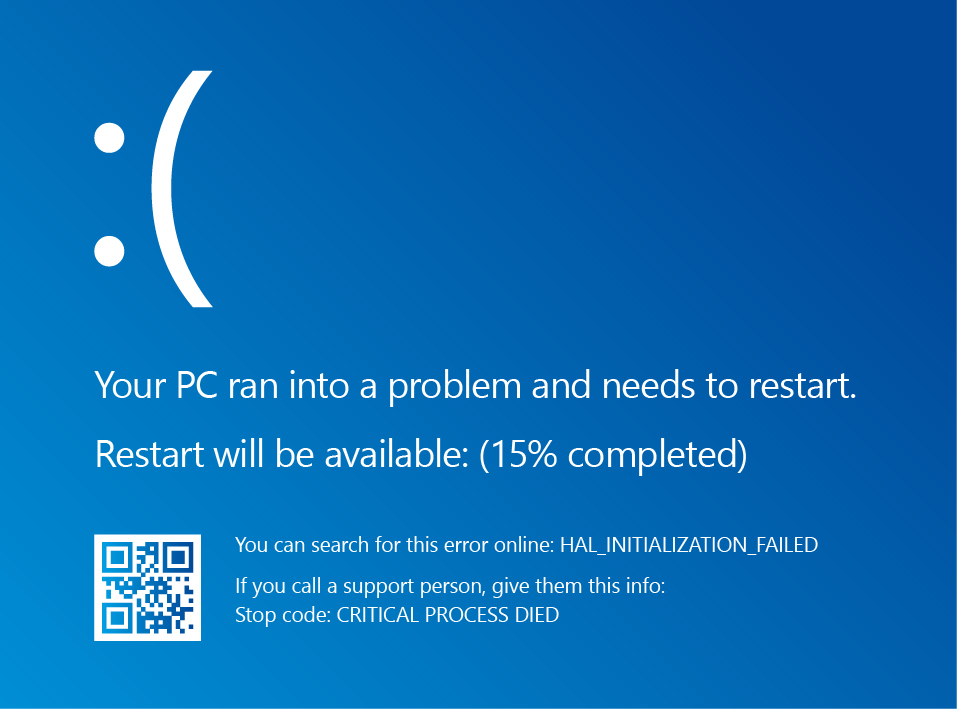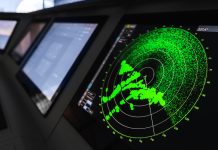Local authorities are having to cut costs and justify project spending. With Windows 10 going end-of-life in 2025, how can departments future-proof their tech and succeed with new initiatives while adhering to their budget constraints?
One after another, local authorities are facing a funding black hole that is projected to grow to more than £5 billion over the next two years. With potential increases in council tax or reductions in basic essentials such as bin collections, while also addressing social issues such as homelessness and digital exclusion in mind, upgrading your existing Windows 10 equipment or maintaining expensive extended support contracts should be less of a priority than it actually is. However, organisations that struggle to accommodate this extra outlay do have funding access to explore other options.
ChromeOS Flex allows anyone to breathe new life into old Windows and MacOS computers and extend their lifespan, reducing the total economic impact of technology, supports sustainability efforts by keeping otherwise serviceable laptops in use for a few years longer and improves service delivery resilience by negating some of the inherent risks of traditional systems.
Avoiding another CrowdStrike
Traditional operating systems, such as Windows, have complex architectures that are susceptible to system-wide failures and rely heavily on software updates and patches from a whole suite of third-party companies that can, and have, introduced new issues. In July, an update from cybersecurity firm CrowdStrike, created a “logic error” that caused widespread system crashes that impacted millions of devices around the world.
With essential services becoming ever more integrated with technology, accidents like this prevent citizens from booking doctor’s appointments, paying bills, taking public transport and more. Leveraging cloud technologies such as ChromeOS, with features such as Verified Boot that ensures that only a known safe version of the operating system can ever be loaded on devices, is just one of the many safeguards in place that protect organisations from another Blue Screen of Death.
The scenes from last July might have been plastered across screens the world over (except for Sky News, which was affected by the outage), but the short-term inability to access technology is an experience faced by more than 1.7 million households in the UK without internet access, according to the House of Lords Communications and Digital Committee.
Bridging the digital divide
Digital exclusion, which disproportionately impacts lower- income households, regularly prevents citizens from accessing services, engaging with family, friends, and the local community, or developing the digital skills that drive our economy. A report by the House of Commons Science and Technology Committee found that a lack of digital skills costs the UK economy a staggering £63 billion annually. Hence, equipping citizens with the necessary skills and devices is a sound investment.
With organisations already struggling to fund their own IT refresh, addressing digital equity is another issue that risks falling down the list of priorities. However, with 17 million Windows 10 devices on hand that can’t be upgraded to Windows 11 but can be converted into fast, secure, simple to use, and sustainable cloud devices thanks to ChromeOS Flex, forward-thinking digital leaders can unlock a new opportunity (and funding) to put hundreds of refreshed laptops into the communities that need them.
One low-cost solution to two problems
Since Google released ChromeOS Flex in 2022, thousands of organisations have converted their old devices to ChromeOS, which boots up quickly, receives free automatic updates and has never been affected by viruses and ransomware – even without extra antivirus software. By removing one of the major concerns around technology, i.e. cybersecurity, even less adept and new users can feel safer about going online.

Beyond the inherent security benefits of ChromeOS, the intuitive user interface and extra accessibility controls built-in at no additional cost are helpful to ensure that anyone who wants or needs to get online in order to find work, connect with others, use services or improve their digital skills.
Plus, for organisations that want to control every aspect of the user experience, ChromeOS Flex devices can be managed remotely from anywhere via the cloud-based Google Admin console, which provides admins with over 600 device, user, app and network policies that can be tailored to the needs of any environment or use case.
ChromeOS Flex: How to get started
Suppose you are interested in putting ChromeOS Flex to the test in your environment. In that case, Getech has secured funding in partnership with ChromeOS that local authorities and NHS Trusts can use towards Jumpstart managed trials. We can help identify suitable use cases and devices, outline success criteria and strategy considerations, spin up your Google Admin console and support you through every step of the journey, without any further financial commitment from you. Contact our team about Jumpstart and address the digital divide in your community today.

This work is licensed under Creative Commons Attribution-NonCommercial-NoDerivatives 4.0 International.











